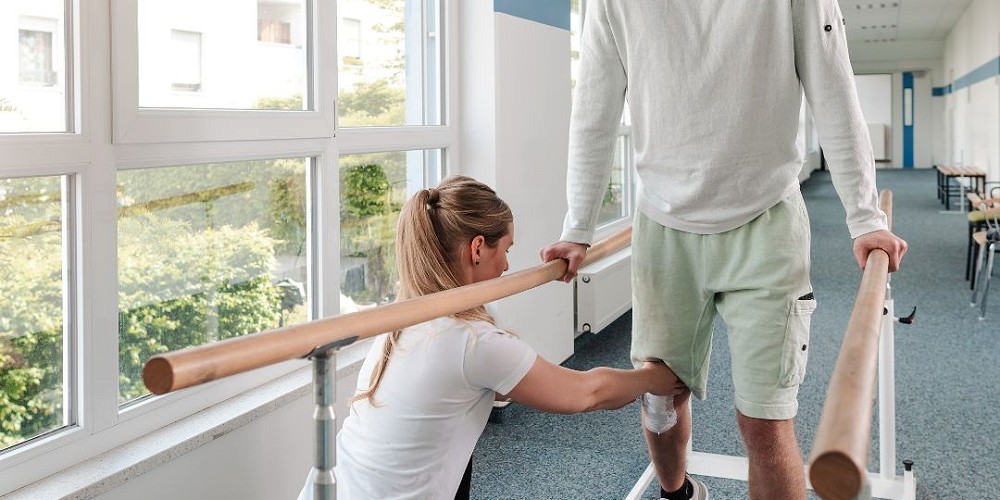Physiotherapy for Temporomandibular Disorders (TMD)
Article by Emily MacHattie
Do you clench your jaw, grind your teeth or bite your nails? Does this lead to clicking, cracking, locking or pain in your jaw? Physiotherapy may be able to help!

What is the Temporomandibular Joint?
The temporomandibular (jaw) joint is the joint between your jawbone (mandible) and skull (temporal bone). The joint both hinges and slides with opening; it is the only joint in the body that is designed to dislocate with movement!
Optimal function of this joint is important for communicating, eating and expression.
What are Temporomandibular Disorders?
Temporomandibular disorders (TMD) are a broad group of clinical conditions that relate to dysfunction in and around the jaw joint. Symptoms can include:
- pain in the jaw, teeth, face and/or neck
- Headaches
- clicking or locking of the jaw
- Dizziness
Approximately 10% of adults suffer from TMD. Dysfunction within the joint can happen for several reasons including:
- Muscular issues – muscle imbalances, increased tension, overuse
- Disc issues – displacement of the disc
- Disruption of the joint surfaces – arthritis
How Can Physiotherapy Help with TMD?
As with other joints in the body, physiotherapists have special training to address issues in and relating to the temporomandibular joint.
Your therapist will carefully assess your jaw and surrounding musculature to determine the cause of your symptoms.
Treatment will be based on your assessment findings, and will often include a combination of education, manual therapy (releasing soft tissue and improving joint mechanics), exercises, and possibly dry needling.
At times, your therapist may also coordinate treatment with your dentist if a night guard or other appliance would be helpful in treatment.
The good news is the majority of TMD are managed conservatively (without surgery).
References
- The Mayo Clinic - https://www.mayoclinic.org/dis...Evaluation and Treatment of Temporomandibular disorders and Orofacial Pain – Course Manual
You May Also Like...
-
 ArticleView Post
ArticleView PostExercise Therapy for Knee Pain
Feeling pain radiating from under your kneecap? What is it, what causes it, and what can you do about it?
-
 ArticleView Post
ArticleView PostPelvic Floor Dysfunction, Assessment, & Treatment
Pelvic floor physio is a popular treatment with more than a few misconceptions. For example, it's much more than just kegel exercises!
-
 ArticleView Post
ArticleView PostInjury 101: Types, Treatments, and How to Bounce Back
Not all injuries are the same. Knowing the type of injury you have can not only help with the physical recovery process but also set realistic expectations for your healing journey.